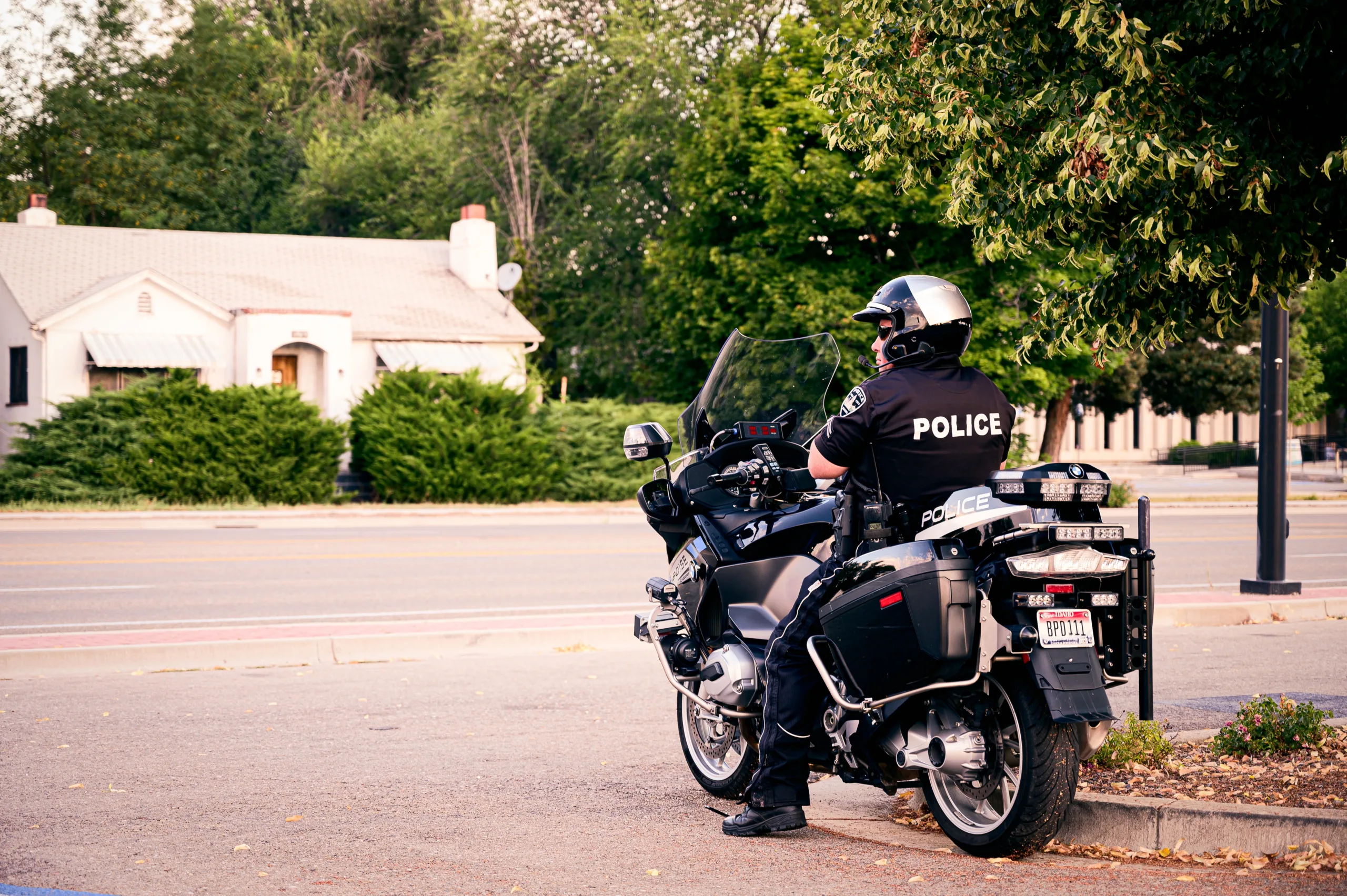Learn what to do if the police call you: rights, questions to ask, and the importance of legal counsel. Expert guidance for challenging situations.
The unexpected call from the police can be a stressful and anxiety-inducing experience. Understanding your rights and how to handle this situation is crucial. In this comprehensive guide, we’ll take you through the steps of what to do if the police call you. This information is intended to provide general guidance in such situations.
1. Stay Calm and Ask Questions
The initial reaction to a call from the police is often a mixture of fear and confusion. It’s essential to stay calm and composed during the conversation. To gain clarity, ask questions such as the reason for their call, whether you are a person of interest, and whether you are required to meet them in person. Knowing the purpose of the call is the first step in understanding your situation.
2. Right to Silence and Legal Counsel
In many countries, including Canada, you have the right to remain silent and consult with a lawyer. If the police call you, you have the option to exercise these rights. You can politely inform the officers that you choose to remain silent and that you would like to consult with an attorney before making any statements.
3. Cooperation without Self-Incrimination
While exercising your right to remain silent, it’s also important to cooperate with the police to a reasonable extent. You can ask the police what information they are seeking and, if you feel comfortable, provide it. However, it’s crucial not to incriminate yourself or answer any questions that may lead to self-incrimination.
4. Document the Conversation
To protect your rights, it’s a good practice to document the conversation with the police. You can take notes during the call, making sure to include the date and time, the officers’ names and badge numbers, and a summary of what was discussed. This documentation may be valuable if the situation escalates.
5. Contacting a Legal Professional
If the police call raises concerns or if you believe the situation could lead to legal issues, consider reaching out to a legal professional. Consulting with an attorney can help you navigate the situation and ensure that your rights are protected.
6. Know Your Rights During an Arrest
In the unfortunate event that the police call leads to an arrest, understanding your rights becomes even more critical. During an arrest, you have the right to remain silent and to have legal representation. Comply with lawful instructions from the officers while asserting your right to remain silent and consult with a lawyer.
7. What Not to Do
Knowing what not to do is as important as knowing what to do when the police call you. Avoid making statements that may incriminate you, and do not resist arrest or obstruct the police in carrying out their duties. Cooperate within the boundaries of the law.
8. Seek Legal Counsel
If you find yourself facing criminal charges or legal issues resulting from the police call, it’s imperative to seek professional legal representation. A qualified attorney can provide guidance, protect your rights, and help you navigate the legal process.
9. Conclusion
In situations where the police call you, it’s essential to know your rights and respond appropriately. Staying calm, asking questions, and exercising your rights can help protect your interests and ensure a fair process. Remember, if you’re uncertain about how to proceed, consult with a legal professional for guidance.
Schedule a Free Consultation
If you’re in the Toronto area and require legal assistance, consider scheduling a free consultation with Alex De Boyrie.

Alex De Boyrie is an experienced Criminal Defence Lawyer covering Toronto, and the Greater Toronto Area.
In short, Alex’s experience ranges from working on bail hearings, sexual offences, weapons and firearms, assault charges, drug offences, youth crimes, Impaired Driving, and other criminal offences.

